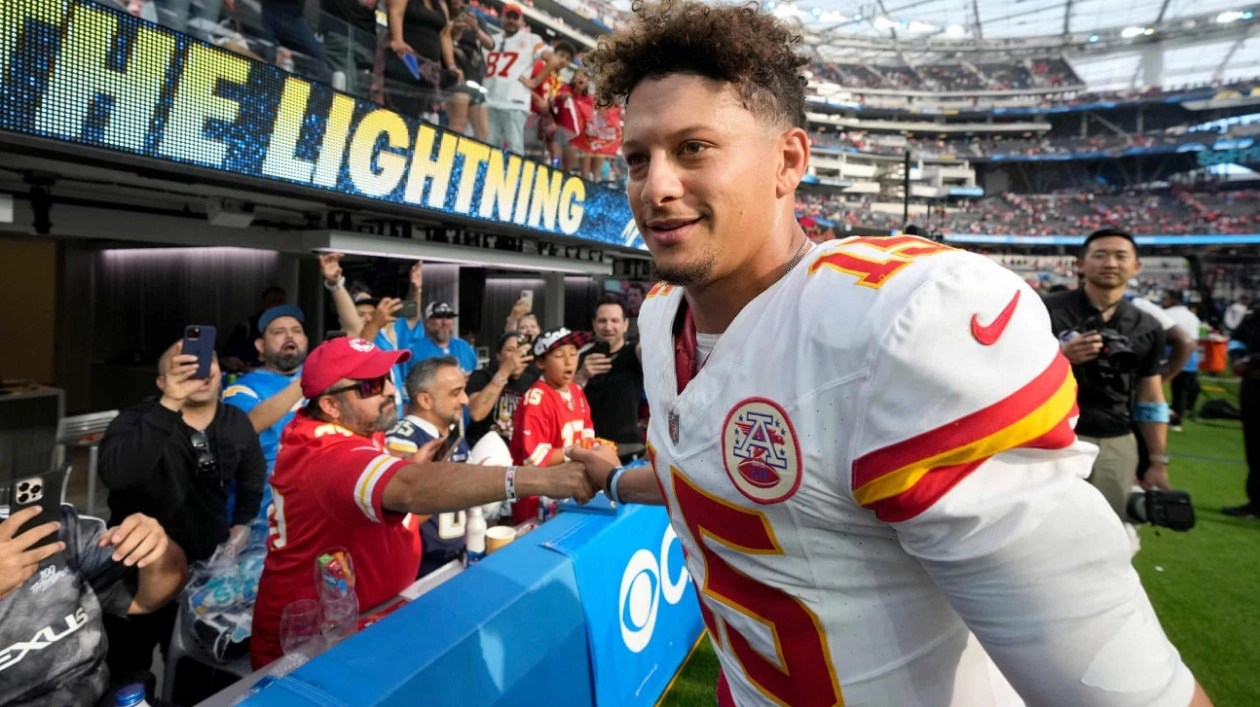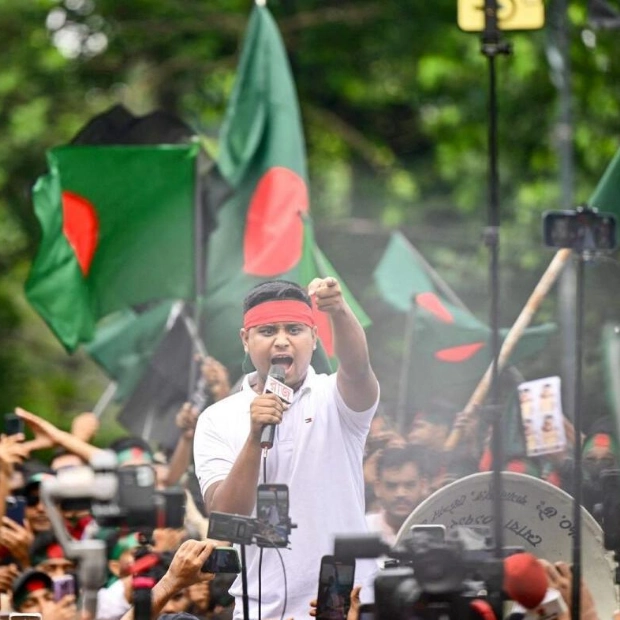The final holdout has succumbed. A few weeks ago, the National Football League (NFL) approved a resolution allowing private equity investment in individual teams, marking the end of the league's long-standing resistance to institutional capital. The NFL now joins other major leagues such as the National Basketball Association (NBA), National Hockey League (NHL), Major League Baseball (MLB), and Major League Soccer (MLS), all of which have embraced institutional investment in recent years. Only one of the league's 32 owners, Mike Brown of the Cincinnati Bengals, voted against the proposal—a decision reportedly stemming from his desire to preserve the financial stability of smaller franchises in a league where team valuations and media revenues continue to soar.
The immediate impact of this new ownership structure will likely be minimal. The NFL will not transform overnight from a league predominantly owned by wealthy individuals and families, managed for the benefit of fans and communities, into one run by private equity firms with profit as their primary goal. However, it seems inevitable that such a shift will occur eventually. The league has taken precautions to limit the initial scope of private equity involvement: individual funds can acquire no more than 10% of a franchise, with purely passive stakes devoid of decision-making or voting rights, and must hold their investments for at least six years. Only four funds are currently permitted to invest; these funds are long-dated, meaning they have extended investment horizons and are not focused on quick returns. Sovereign wealth funds, asset management firms, endowments, and pension funds are excluded from investing in the league, in contrast to the NBA, which opened its doors to this broader class of investors in 2022.
As other U.S. professional leagues began to attract 'smart money' in recent years, the NFL held back, partly due to a belief that the incentives between the league and institutional investors were fundamentally misaligned. The league prioritizes the interests of teams, fans, and the sport, while private equity investors aim to maximize profits for themselves and their shareholders. This misalignment persists, but the booming valuations of NFL teams have forced the league's hand. The average NFL team is now valued at $5.9 billion, a figure that continues to rise rapidly. The pool of ultra-rich individuals capable of purchasing these franchises is shrinking, while the financial burden of maintaining them grows. Thus, the league has turned to private equity, providing owners with access to capital without fully ceding control to Wall Street.
In theory, the limitations on the first wave of private equity investment in the NFL are designed to preserve the illusion that teams are primarily family affairs, maintaining a special kin-like connection between owners, players, and communities. Even as New England Patriots owner Robert Kraft promoted the regulatory shift, he emphasized continuity, claiming the league would still prioritize community over profit under the new rules. Limiting private equity investment to 10% per team is intended to keep it under control, according to Kraft.
By providing owners with a lifeline to keep up with rising valuations, the league may inadvertently fuel financial frenzy and push the NFL closer to a future dominated by cut-throat commercialism and revenue maximization. The new regime aims to widen the pool of individual investors in franchises. More buyers, especially those with substantial capital and a hunger to deploy it, will inevitably lead to increased competition for assets. The NFL's traditionally exclusive world of ultra-wealthy, football-obsessed owners is about to be disrupted. Team valuations will only accelerate from here, and the perverse logic behind this first wave of investment will take hold: as valuations and financial burdens grow, the argument for greater institutional investment in the league will become irresistible. A league of super-teams will become the domain of super-investors.
This projection is not based solely on suspicion; we've seen this story unfold before. The NBA was the first major U.S. league to open up to wholesale investment in 2020. Private equity investors were the first to enter, and NBA commissioner Adam Silver emphasized reputation, cautious evolution, and community heritage. However, as the sport's popularity and financial stakes have grown, basketball has attracted a broader, potentially more controversial class of investors. Investment from sovereign wealth funds in the NBA remains limited to 5% per club, so the full impact of oil money in North American basketball has yet to be seen. But there's every reason to believe that the NFL, like the NBA, has passed a point of no return, entering a path of inevitable and deepening financialization.
The real cautionary tale for the NFL comes from Europe, where smart money has distorted the world of football, transforming it into a vulgar money box for sophisticated investors. The Premier League offers a stark illustration of how a sport can become broken once it falls into the hands of investors primarily focused on revenue and profits. The arrival of Serious Money in the Premier League over the past two decades has led to leaky stadiums, outrageously high ticket prices, reckless transfer policies, unsustainable player spending, and rampant inequality. The NFL is undoubtedly aware of these issues and has observed the volatility of fan sentiment in response to similar convulsions. This explains, in part, why the league's initial steps toward opening up to professional investors have been cautious.
Under the new rules, the league will take a cut of the 'carry' (profit share) that private equity investors earn in the event of a sale. The idea is to ensure that part of the profits from a frothy sports market are shared among the league, benefiting everyone rather than being pocketed entirely by the vendors. However, this assumes that most institutional investors seek a fat return generated on disposal rather than a steady stream of revenue from which they can siphon off a portion for their own ends. As the Premier League shows, the exit is not the endgame of professional sports investment today; the goal is to hold onto the investment for as long as possible and extract value wherever possible. The key is revenue generation; even in a club that runs at a loss, revenue can produce dividends, which are what sophisticated institutional owners are really after.
Professional investors in the modern Premier League are more like rentiers than caretakers of the clubs they own. The Glazer family, which has pocketed most of the £166m ($220m) in dividends paid out by Manchester United since 2005, serves as an emblematic example of this parasitic style. These investors' main function is to own and extract rather than operate, improve, or nurture the assets under their control. Nothing about the protections put in place by the NFL suggests that the new wave of investors entering American football will behave any differently. Carry is irrelevant in a sports investment world built on the principle of perpetual leakage.
Everything we know about the NFL's hand-picked first round of approved private equity investors suggests they are as revenue-focused as the worst culprits among today's Premier League owner class. Many of these investors are already active in the European football market. For instance, Arctos Partners holds minority stakes in Liverpool, PSG, and Atalanta, while Ares Management invested $500m in Chelsea last year. Sixth Street, another fund admitted to the NFL's first private equity dance, has invested in the media and stadium business of both Barcelona and Real Madrid. In a revealing interview, Sixth Street CEO Alan Waxman claimed that until a few years ago, 'sports were run like family businesses. There was no need for institutional capital, and there was no need to run it like a real company.'
Investors like Sixth Street are intent on changing that, acquiring as many different sports-related revenue streams as possible. Sixth Street's first major investment was in Legends, the hospitality company that has become one of the U.S.'s most important stadium operators. On the surface, there's nothing sinister about this; the danger lies in what will happen if these types of investors, whose real goal is self-enrichment through revenue generation, gain a bigger foothold in U.S. sports. As the NFL seeks institutional dollars, it must strike a delicate balance between maintaining the league's attractiveness as an investment destination and ensuring the sport does not get swallowed whole by its new funders. If the league has any sense, it will maintain the limitations it has put in place on private equity in American football and resist the urge to open the sport up to a broader class of investors.
The saddest spectacle in today's Premier League is new stadiums and dynasties emerging amid communities priced out of watching their teams play live. Fans are offered various shabby substitutes for the real thing, such as crappy crypto baubles, betting coupons, and desultory social media campaigns. Meanwhile, stadiums are increasingly reserved for those who view football as a networking event rather than the essence of life itself. The NFL arguably enjoys a less emotional relationship to place than the Premier League, but financialization opens the door to more transactionalism. At this early stage of its budding romance with Wall Street, the NFL has the opportunity to avoid this path. Whether it will remains to be seen.






